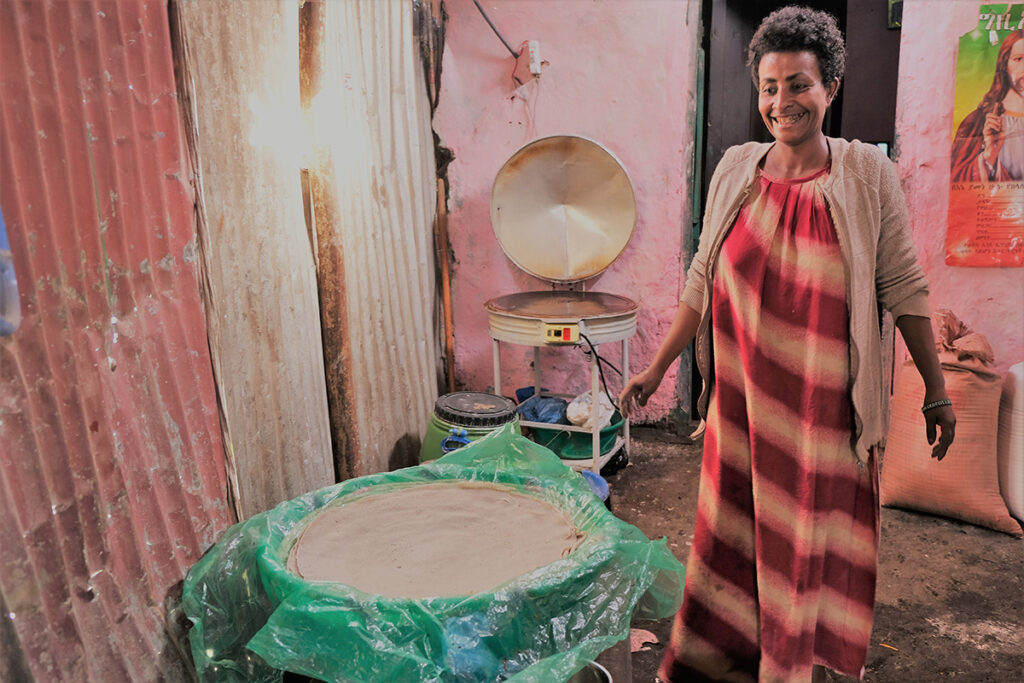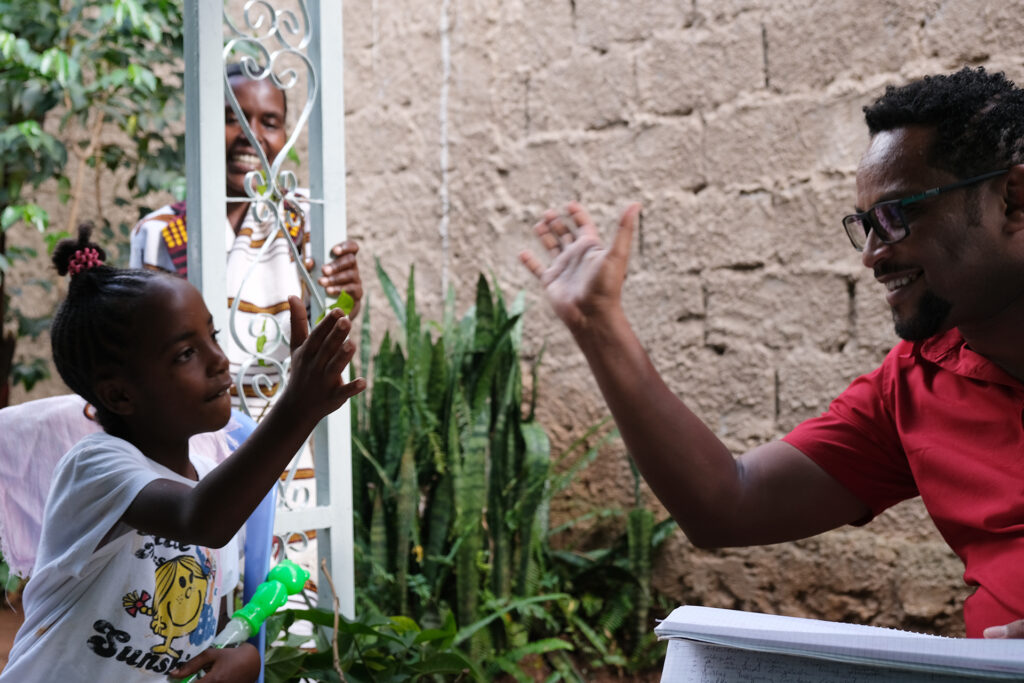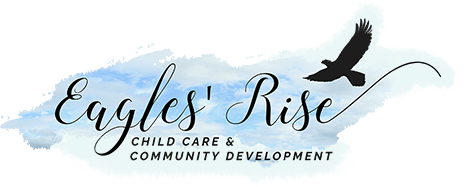Marishet was born in Hawassa, Ethiopia, and was raised as the youngest of four children. Her father was a retired militia soldier, receiving 85 Ethiopian Birr monthly, which was around 3€. There was no other source of income, which made survival for the family much more difficult. They lived in a small, dirty and barren room allocated by the government (also called a kebele house). Due to the poor conditions, Marishet and her siblings did not have the opportunity to go to school for longer than six years. Therefore, she left school at age of 15 to provide her family with a small additional income by selling sugar cane in market.
After no more than a few months of this small business, Marishet became pregnant. Because of this, a bitter and hard life awaited her. She was chased away from home and forced to live on the streets. Her family completely rejected her. On the street she encountered traumatic situations such as sexual harassment and robberies. In these fatal living conditions, she gave birth to her daughter Kalkidan. Shortly after Kalkidan’s birth, Marishet began living with a man who claimed to be the child’s father. He was also homeless. The young mother, who was first relieved that she did not have to raise the child alone, found that her partner only brought more difficulties into her shattered life. He came to her drunk at night and beat her. He was too busy with himself and did not care for his little family.
Her family completely rejected her. On the street she encountered traumatic situations such as sexual harassment and robberies. In these fatal living conditions, she gave birth to her daughter Kalkidan.
Marishet had already lived with him for ten years when he became seriously ill and died. In the same month she found out that she was HIV positive. She was shocked and hopelessly desperate. Only the presence of her daughter gave her strength. To raise her and take care of her as best as possible, she worked hard., She had built a small business by baking the typical Ethiopian bread injera, producing a local alcoholic drink and selling both. After her father died a few years later, she regained good contact with her mother and lived with her. After another three years, her mother became mentally ill. Marishet tried to use the business income to finance her mother’s medical treatment but ended up in debt. Eventually, Marishet’s mother also died.
Marishet’s health began to deteriorate, and she was now spending much of her money on her own medical treatments. Finally, she lost not only her business but also all her income as her sickness forced her to stay in bed. She was on the verge of despair and ready to give up her life by committing suicide. That day she was approached by people from a local church who offered her new hope with the gospel. On February 19, 2019, she finally decided to live for Jesus Christ. Since then, she has been baptized in the church, taken part in a basic faith course and was well integrated into the community there. Through prayers in church, she was even able to receive complete healing from HIV. Two independent blood tests confirmed that the virus was no longer found in her blood.
On February 19, 2019, she finally decided to live for Jesus Christ. …Through prayers in church, she was even able to receive complete healing from HIV.

Still, she needed support to build up a new way to make a living. In cooperation with a well-experienced businesswoman from church mentoring and training her, we could plan with her to build up a new business by baking and selling the typical Ethiopian bread injera. With the help of donors, we could provide for a large portion of flour and utensils. She was also able to purchase various ingredients to produce the chili spice berbere, which is well known in Ethiopia, and shiro powder for sauces. By selling these additional products, she could significantly increase her income.
With this help she built up a business and was daily encouraged and counselled by the woman from church. We also followed up with her regularly. Quickly she became successful. Starting early in the morning at 3 am she produced and sold more than 120 injera daily to major customers like restaurants.
Over time she was able to extend her business and make more money. Cheered up by her encouraging development, she soon took care of other women in need of help and let them become coworkers.
Marishet is a brilliant example of how a relatively small contribution can help transform a person’s life. By her example we are more than motivated to see women like her rise from their poverty to become strong and independent women. Your donations can help initiate these changes in women.

